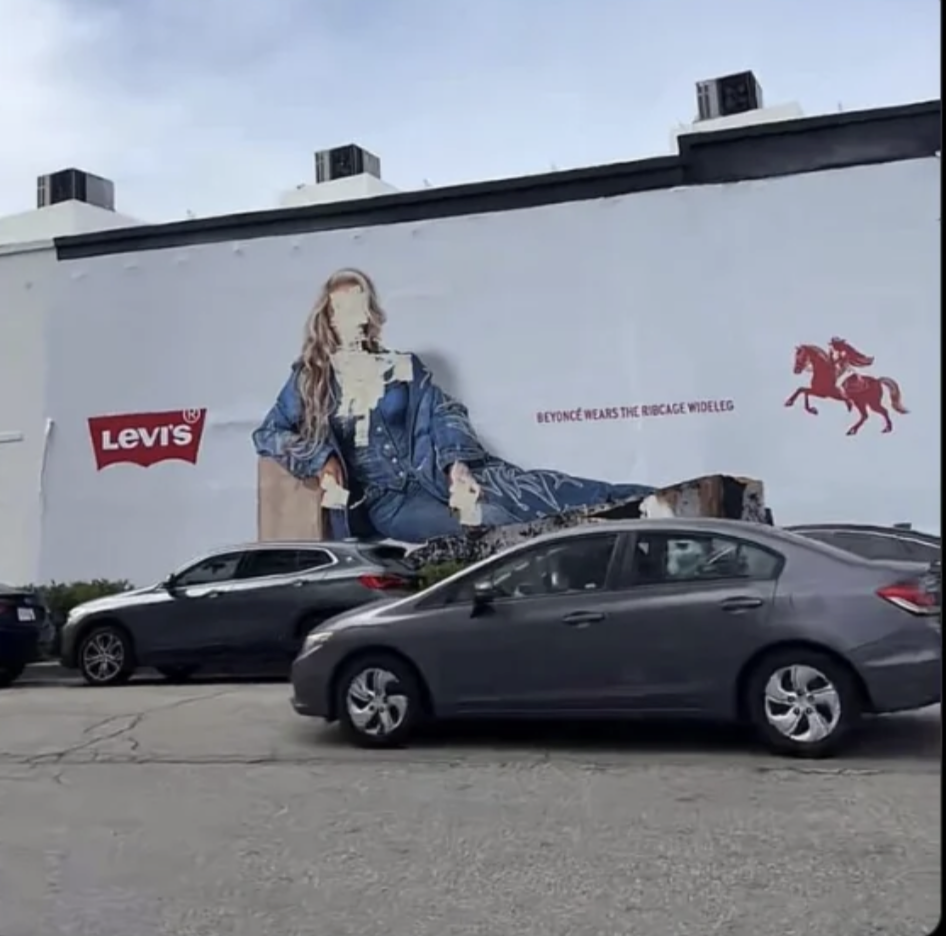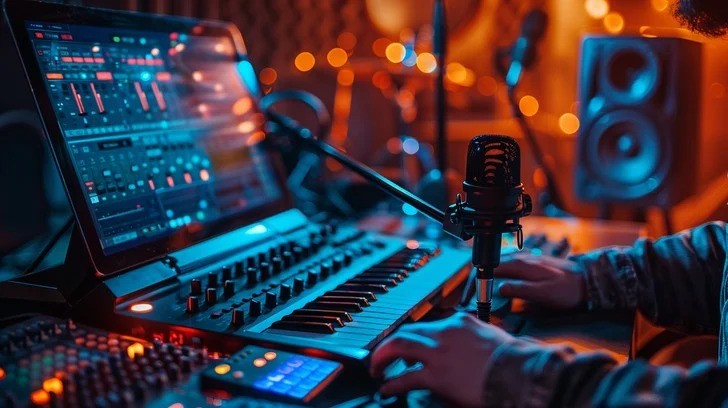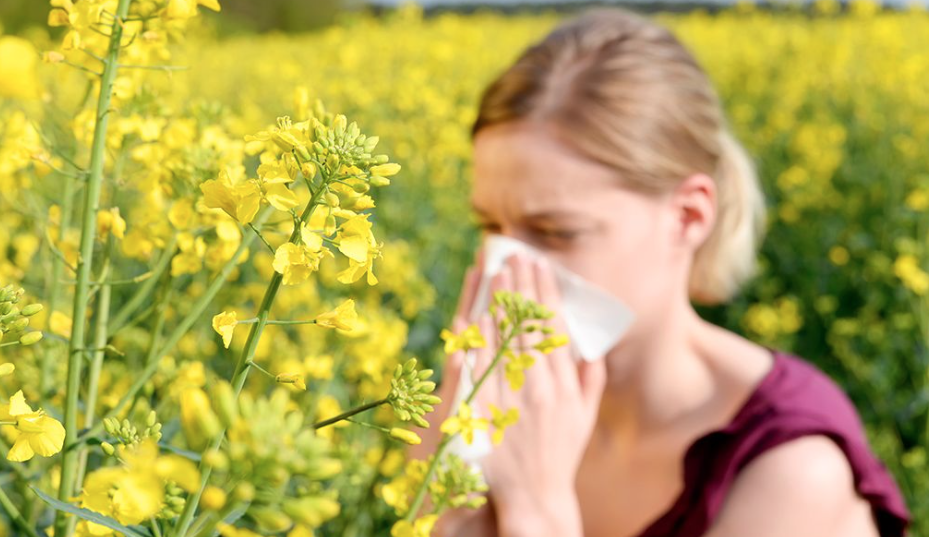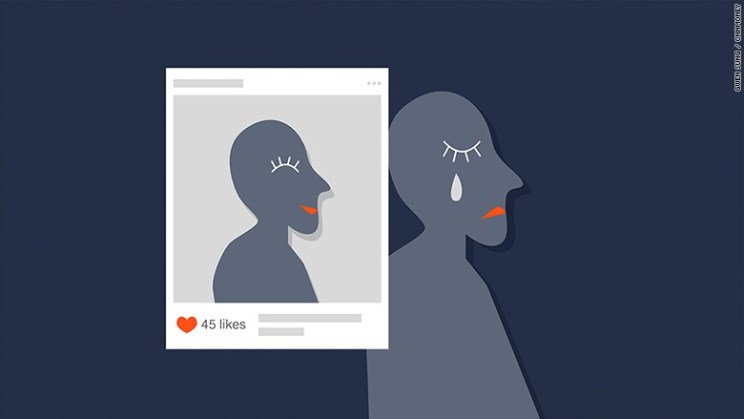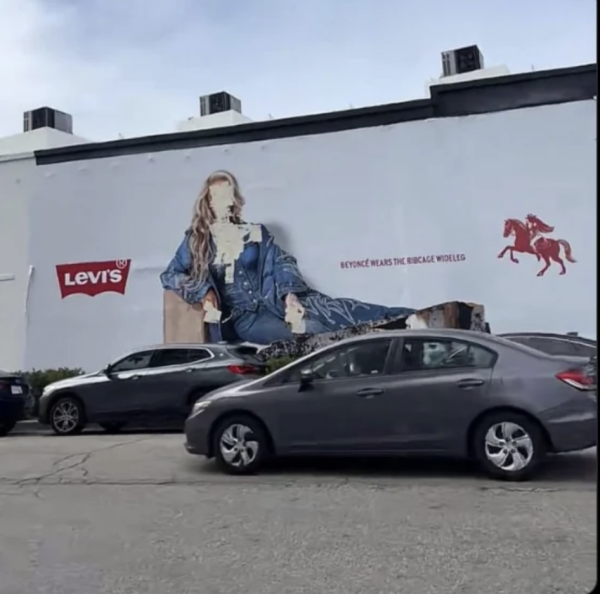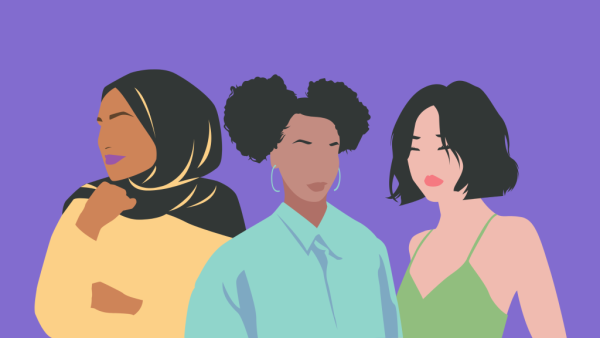Mental Illness Should Not Be A Social Media Trend
The reality of social media
Content warning: SUICIDE, SELF-HARM, AND EATING DISORDERS
In 2019, social media remains one of the most significant components of modern culture and influences almost every aspect of our lives. Whether it is by sharing news or ideas, connecting with friends and relatives, or promoting a business, social media has forever altered how society functions. Throughout the years, we have used apps like Instagram or Snapchat to create the illusion of a happy and perfect life by bragging about a vacation or flaunting a cute outfit. But these days, much of social media is all about being sad and relatable, and in some ways, it has ruined the way that society perceives mental illness.
While social media can be a place for people to share their mental struggles, it is also the epicenter of the glamorization of mental illness. For example, websites like Tumblr are the space for many stigmatized subcultures to gather and express themselves. Among the countless communities populating Tumblr, there is a distinctive subculture derived from mental illness, which is where the romanticization of mental disorders, suicide, self-harm, and eating disorders occur. In this dark region of the website, you can find quotes saying things like “I’m jealous of people with enough self-control to be anorexic” or “Anxiety Queen.”
It is also not uncommon to find black-and-white images of scarred arms that are of the result of self-harm or of antidepressant pills on Tumblr. Mental illness portrayed in pop culture is also heavily glorified on the website, such as tributes to Tate and Violet’s abusive relationship depicted in FX’s American Horror Story. All of these elements are often categorized as “aesthetic” and paint the unrealistic picture that mental illness, suicide, and self-violence make a person “tragically beautiful.” Much of the Internet consists of young viewers who don’t know enough about these mature and sensitive topics to realize that they are not as pretty as Tumblr makes it sound. There is nothing aesthetically pleasing about real-life medical disorders, and the existence of this subculture is a huge problem.
Not only are these topics discussed in a romanticized manner, but they are also approached in a way that is “quirky and relatable.” These days, fewer people are interested in logging onto social media and seeing the perfect influencers and celebrities who create a false image of having a glamorous lifestyle. Instead, people want to see the not-so-pretty realities of life, including poor mental health. Many use this to take the step in opening up the conversation revolving mental health, but it is sometimes done by creating relatable posts or memes making light of mental illness. One Twitter user stated, “I don’t struggle with depression. Like at this point I have it down. I’m good at depression.”
While posts like these show that those struggling with mental illness are not alone, it almost makes a mockery of the severe conditions. To people who don’t know any better, jokes like these make it seem like these topics aren’t that big of a deal; that having a bad day is the same as being depressed and that being nervous for a presentation is the same as having an anxiety attack. More people, especially teens and young adults, are lightheartedly referencing mental illness and suicide so much to the point that it has become trendy and not recognized as a pressing issue. The fact that a population of social media perceives mental illness as a joke also strengthens the stigma that surrounds it, as those who actually struggle are grouped with those who make a joke of it.
There is nothing quirky and glamorous about the real struggles of mental illness. We must bring recognition to it in a meaningful and considerate manner in order to get rid of the stigma as well as the alarming rise in mental health problems within society. Let’s join the discussion of mental health awareness by understanding mental illness in its sincerest form and not as a meme.
























